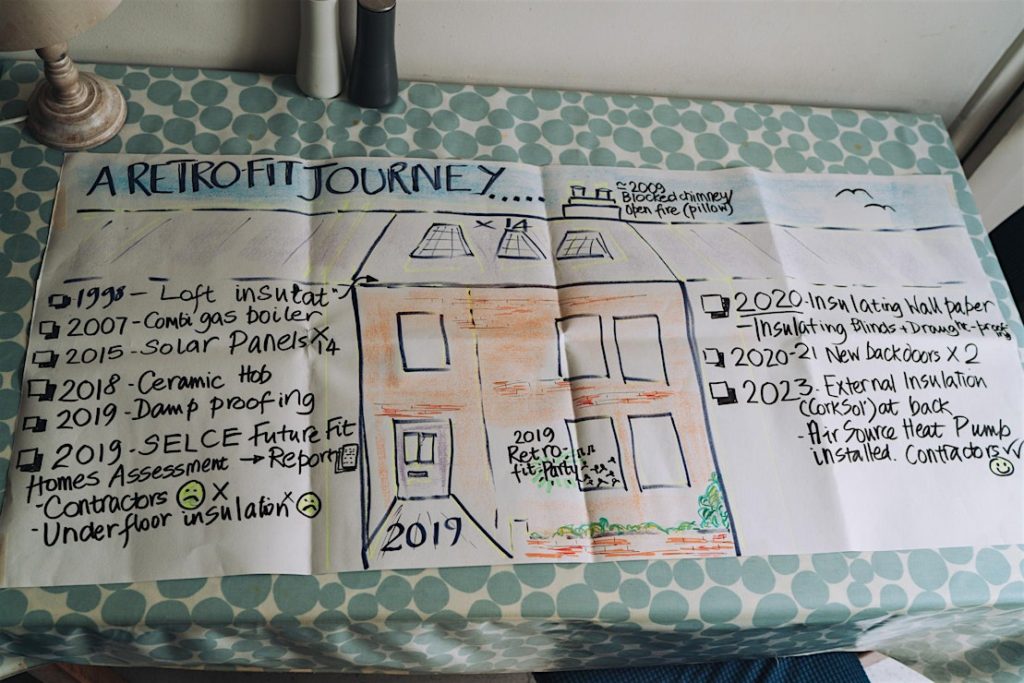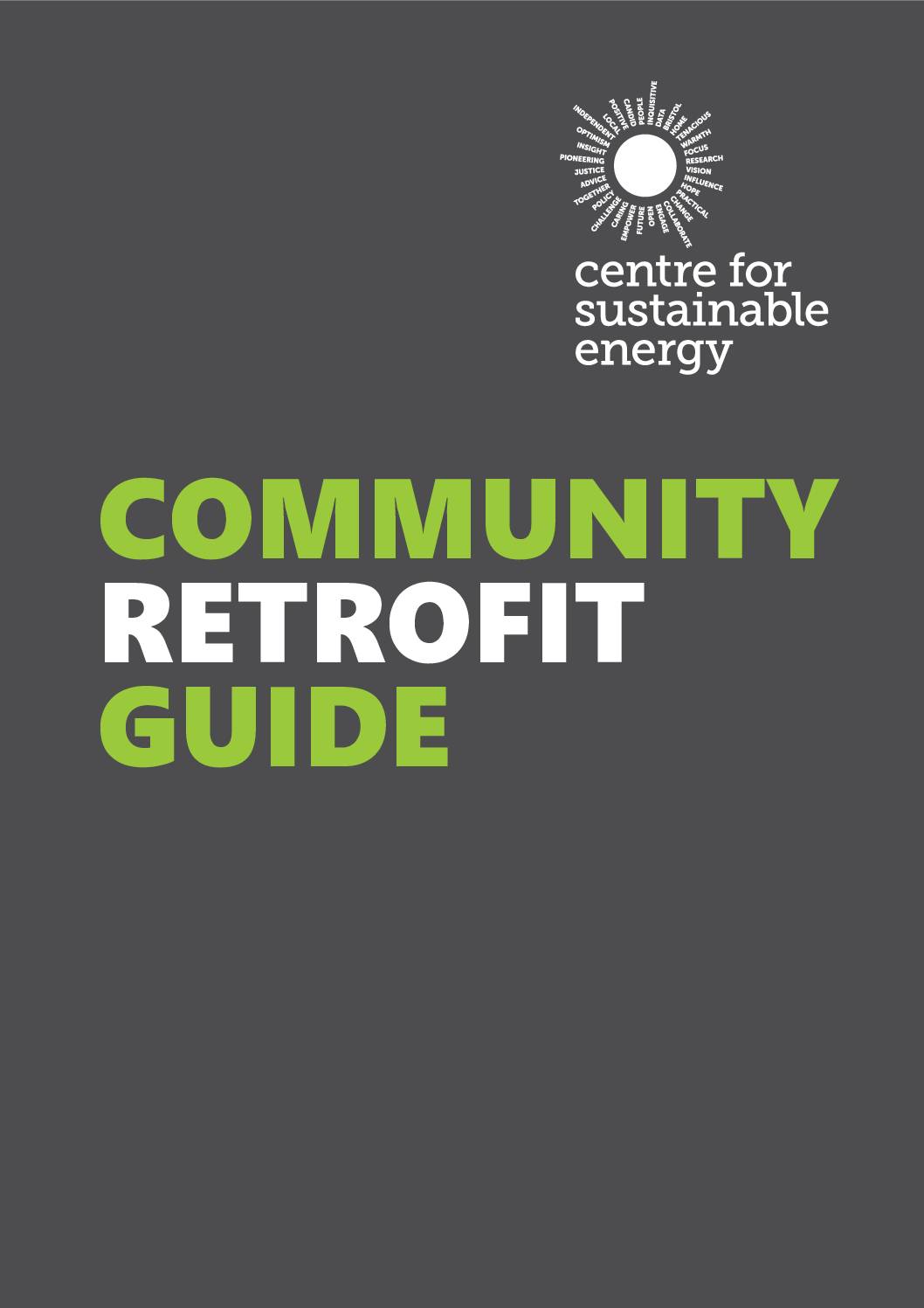
How-to Guide
Energy efficiency & fuel poverty
The past few years has seen a huge increase in community energy organisations working on efficiency advice and fuel poverty services in the wake of the energy crisis. If you are considering this work, we have created the below page to help you navigate this area from the expertise of groups we are already working with.
You can see more about how the sector has stepped up to meet this challenge in our latest State of the Sector Report, showing that:
- 155 groups are already delivering energy efficiency services across the country in 2024 of which there are 77 organisations providing advice and guidance about the energy system and reducing energy use
- 125 organisations delivering retrofit services
- Saving an estimated £1.86 million from people’s energy bills, community organisations tend to be well placed to deliver this work
- they have stronger local connections, and a real ability to influence to behaviour change and the uptake of efficiency measures in people’s homes
- you can be in high demand by organisations such as Local Authorities and charities who work with vulnerable consumers because of your position and local knowledge.
-
Start with the numbers and have confidence in the sector
Community organisations achieve a much higher rate of return on investment generally when they lead these projects, with recent work by Bristol University showing a 9:1 rate of return. Share this with potential partners (e.g. Local Authorities) and funders to start your work and support.
-
Think about mixing several different, complementary activities
Some of the best community energy efficiency and fuel poverty projects do this. They take their audiences on a journey towards installing energy efficiency measures and also then adopting energy efficient behaviours. E.g. integrating a number of the below activities into one streamlined pathway. You may however choose to focus on one activity, depending on your organisation capacity and skills available (e.g. if your organisation doesn’t have someone who can do house assessments, but may be able to train to deliver energy advice)
Advice & Retrofit activities
- Insulation and heavy measures (deep retrofit services)
- Basic draught-proofing (shallow retrofit services)
- Building assessments/audits
- Demonstration homes and open eco-homes
- Advice/support to install renewable tech
- Energy monitoring
- Energy switching
- Funding advice (connecting people with government schemes and bills support)
- Advice surgeries (home visits, events, telephone advice)
- Awareness-raising (e.g. stalls, workshops, cafes)
-
Make sure you monitor impact and evaluate as you go
this is a competitive area for funding, so make sure you are monitoring impact from the start. There are a number of ways to do this, including paper forms (templates to be uploaded) and online CRM tools.
CEE recently did an online event (Jan 2023) showcasing a new FREE CRM tool (Airtable) as well as other options for groups
-
Ensure you look at training and have other supports in place
(e.g. safeguarding, GDPR). CEE has begun a working document of things to consider. CEE along with the Energy Efficiency workgroup have created a working document – ‘From Zero to Energy Advisor’ to support groups to get from no experience to delivering energy advice in their communities and beyond.

Further links and resources
- Ecofurb; The Low Carbon Home Service. Use this service to find out how to make homes more energy efficient and recommendations of improvements to make.
- BHESCo – Brighton & Hove fuel poverty alleviation case studies
- Carbon Co-op – Retrofit Factfile and a series of retrofit webinars
- CSE – list of online sources of information on saving energy across your community and Futureproof website with an interactive planning tool
- NEA – Technical Consultancy and Technical Innovation Fund has 46 case studies
- OneHome has created a loft installation calculator to help work out the expected installation costs for versus how how much savings could be made.
- OVESCO – list of energy efficiency advice resources
- Paul Testa – how to choose the right Structural Engineer for your project
- South East London Community Energy (SELCE) – blog on healthy home temperatures and dealing with draughts
- UK government – national carbon dioxide emissions data by local authority area. This can help you to better understand energy use in your area




